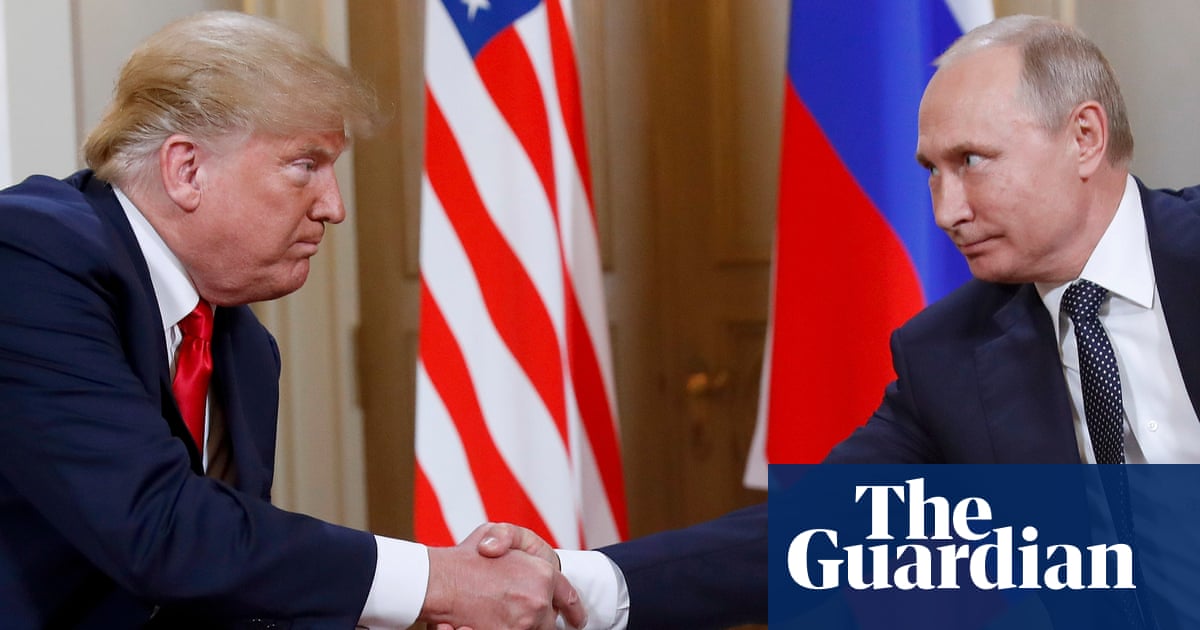Indian Politician Offers Incentives to Families for Increasing Birth Rates
A politician from southern India has sparked significant discussion by offering financial incentives to encourage families to have more children, particularly focusing on boosting the birth rate of girls. Kalisetti Appalanaidu, a Member of Parliament from Andhra Pradesh, announced that new parents would receive a 50,000 rupee (approximately $911) cash reward if they have a girl as their third child. In contrast, if the child is a boy, the incentive shifts to a cow, highlighting the cultural significance of livestock in rural India.
This unusual approach reflects growing anxiety about population dynamics in southern India, where some state leaders are now promoting the idea of larger families. This represents a stark reversal from over five decades of policies that encouraged smaller family units as part of a national family planning strategy. In recent years, as India gears up for a long-awaited national census and the contentious political process known as delimitation, the conversation around population has intensified. Delimitation involves redrawing the boundaries of parliamentary constituencies based on population, a process that has been on hold since 1976 to protect political representation amid family planning efforts.
The Modi government has signaled its intention to resume delimitation after the census slated for 2027. This raises concerns for southern states, which have successfully reduced their birth rates through proactive measures, potentially losing political clout to northern states that continue to experience higher fertility rates. Leaders such as Andhra Pradesh Chief Minister Chandrababu Naidu and Tamil Nadu Chief Minister MK Stalin have publicly encouraged their constituents to increase their birth rates to secure political representation, with Stalin advocating for immediate family growth.
In light of these developments, some political leaders are advocating for a delay in the delimitation process, which could dramatically affect political power balances. Manu Sundaram, a spokesperson for Tamil Nadu's ruling party, the DMK, expressed the party's concerns, saying, "We have requested that the delimitation freeze be extended for another 25 years." This reflects fears that states with declining populations could lose parliamentary seats, leading to a political shift.
While the government is focused on the political implications of population growth, many families across India are prioritizing economic viability over incentives for larger families. One woman from a tribal community in Andhra Pradesh, Malleshwari, articulated this sentiment by stating that raising one child is sufficient due to the uncertainties around health and finances. She believes the government should prioritize improving education and vocational skills rather than merely offering monetary incentives for more births.
Others, like Keshav, a 32-year-old working with an NGO, echoed this view, advocating for stability and education as prerequisites for raising children. He emphasized that without a reliable foundation of education and financial security, expanding family size could perpetuate cycles of poverty and violence.
Experts in women's health and demographics have criticized the short-term cash incentives. Advocates like Keerthi Bollineni, an Andhra Pradesh women's rights activist, argue that these measures fail to address the underlying issues of healthcare and education that are crucial for sustainable population growth. While Appalanaidu has proposed extending maternity leave as part of his initiative, experts believe these efforts will have little impact before the upcoming census.
Dr. Geetha Devi, a seasoned gynaecologist, noted that while some incentives may attract interest, educated women, in particular, are unlikely to be swayed by monetary offers alone. She pointed to the growing trend of families opting for single-child households across Southern India, driven by a desire for better education and quality of life for their children. She stressed that a focus on improving the healthcare system is essential if the government aims to successfully encourage population growth.




























